The Open Society Fellowship supports public intellectuals from seven global cities that are home to a dynamic circle of thinkers and cultural producers engaged in high-level critical debate.
The Open Society Fellowship supports public intellectuals from seven cities across Africa, Asia, Latin America, and the Middle East.
The fellows are drawn from cities that are home to a dynamic circle of thinkers and cultural producers engaged in high-level critical debate. The cities are Beirut, Buenos Aires, Colombo, Dar es Salaam, Jakarta, Lagos, and Taipei.
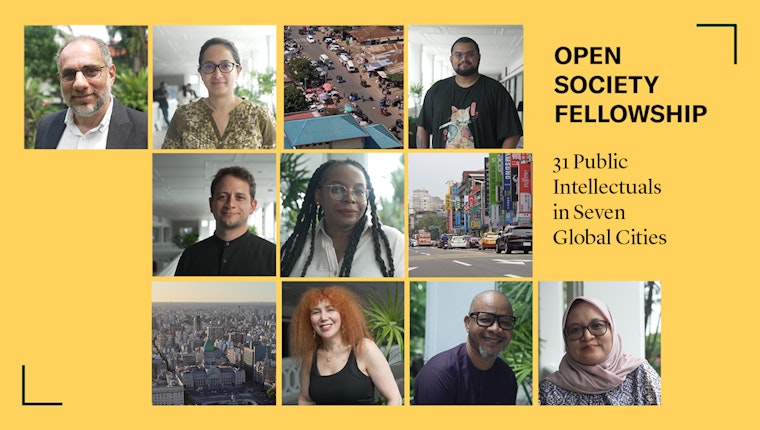
Selected by a distinguished panel of external reviewers, the fellows’ projects exemplify heterodox thinking and openness to new approaches and vigorous debate. The fellows are helping to shape global conversations on the most pressing issues of our time—from human rights and social justice to climate change and inequality.
The Fellowship reflects the Open Society Foundations’ dedication to a vision of restless critical thought and alternative viewpoints that advance open society.
Read about the 2025-2026 fellows here.
-
Amita Arudpragasam
 Colombo 2025Amita Arudpragasam, a multidisciplinary researcher and policy analyst, will survey the intersection of climate, conflict, and development in Sri Lanka’s Tamil-speaking North.
Colombo 2025Amita Arudpragasam, a multidisciplinary researcher and policy analyst, will survey the intersection of climate, conflict, and development in Sri Lanka’s Tamil-speaking North. -
Andrea Giunta
 Buenos Aires 2025Andrea Giunta, an art historian, curator, and philosopher, will investigate the power of images to provoke controversy and analyze the extent to which they can act as instruments of resistance in current debates on culture, art, and society in Argentina.
Buenos Aires 2025Andrea Giunta, an art historian, curator, and philosopher, will investigate the power of images to provoke controversy and analyze the extent to which they can act as instruments of resistance in current debates on culture, art, and society in Argentina. -
Anwuli Ojogwu
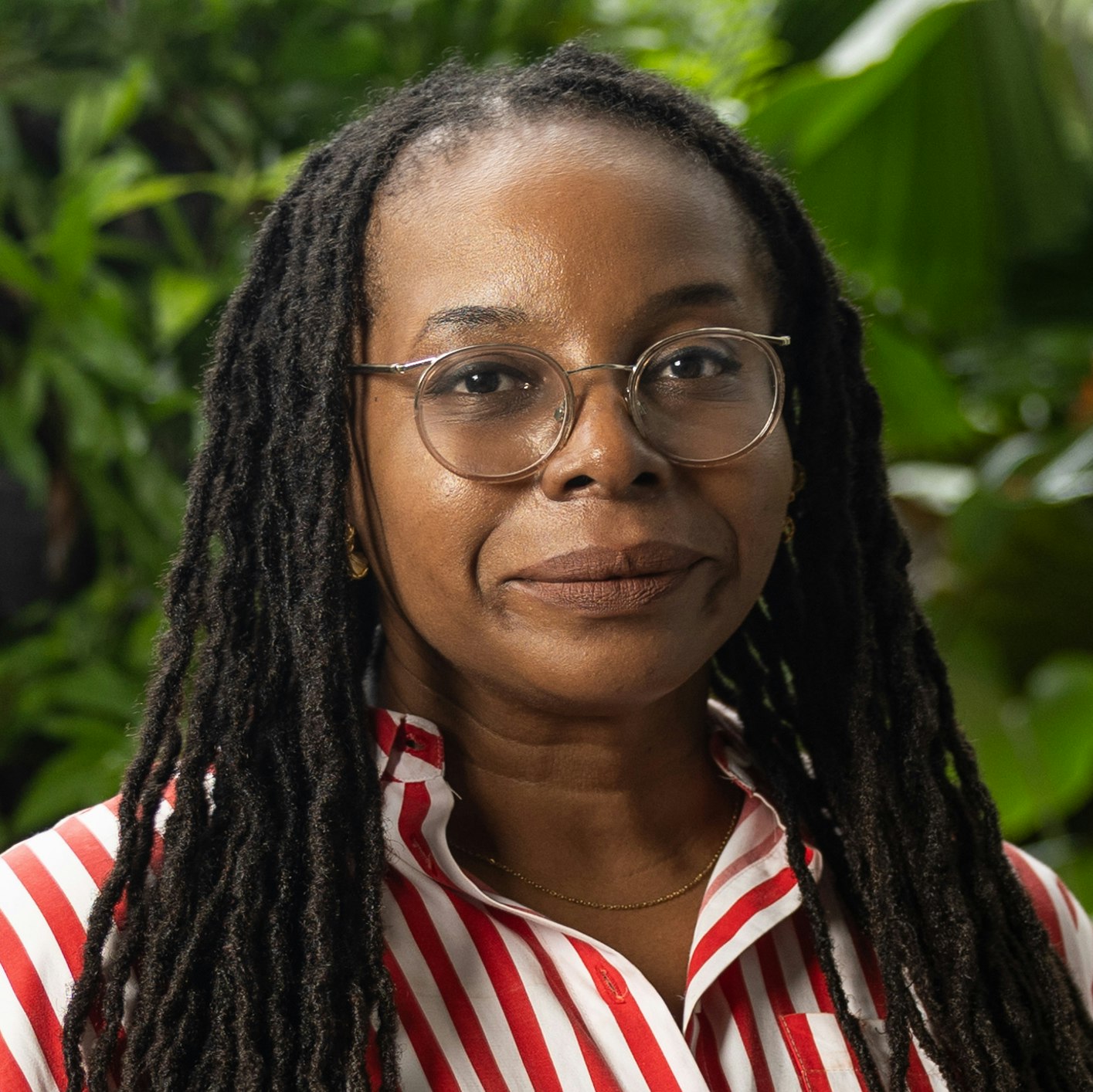 Lagos 2025Anwuli Ojogwu, an editor and publisher, will explore the current state of African literature and the impact of rising intellectual apathy, migration, and democratic erosion on future narratives across the continent.
Lagos 2025Anwuli Ojogwu, an editor and publisher, will explore the current state of African literature and the impact of rising intellectual apathy, migration, and democratic erosion on future narratives across the continent. -
Budi Hernawan
 Jakarta 2025Budi Hernawan, an anthropologist and philosopher, will examine the competing and sometimes irreconcilable roles of faith-based humanitarian groups in West Papua and Patani to discern why they often act as protectors for those fleeing armed conflict.
Jakarta 2025Budi Hernawan, an anthropologist and philosopher, will examine the competing and sometimes irreconcilable roles of faith-based humanitarian groups in West Papua and Patani to discern why they often act as protectors for those fleeing armed conflict. -
Camille Ammoun
 Beirut 2025Camille Ammoun, an author and climate expert, will look at the global polycrisis via a transmedia exploration of the city of Beirut, focusing on its little known, eponymous river.
Beirut 2025Camille Ammoun, an author and climate expert, will look at the global polycrisis via a transmedia exploration of the city of Beirut, focusing on its little known, eponymous river. -
Carla Yumatle
 Bueno Aires 2025Carla Yumatle, a political scientist, argues the “rollback” of representative democracy misrepresents today’s crises. She will instead assess how structural social shifts—like the erosion of collective public experience—may limit democratic aspirations.
Bueno Aires 2025Carla Yumatle, a political scientist, argues the “rollback” of representative democracy misrepresents today’s crises. She will instead assess how structural social shifts—like the erosion of collective public experience—may limit democratic aspirations. -
Ermiza Tegal
 Colombo 2025Ermiza Tegal, a lawyer, will investigate the historical roots of Sri Lanka’s personal laws and explore the social, political, and policy dynamics of family law reform, examining how women negotiate minoritized citizenship in today's Sri Lankan society.
Colombo 2025Ermiza Tegal, a lawyer, will investigate the historical roots of Sri Lanka’s personal laws and explore the social, political, and policy dynamics of family law reform, examining how women negotiate minoritized citizenship in today's Sri Lankan society. -
Ika Idris
 Jakarta 2025Ika Idris, an associate professor of public policy, will examine how geopolitical rivalries play out in the context of propaganda directed at nickel miners in Indonesia.
Jakarta 2025Ika Idris, an associate professor of public policy, will examine how geopolitical rivalries play out in the context of propaganda directed at nickel miners in Indonesia. -
Joelle Abi-Rached
 Beirut 2025Joelle Abi-Rached, a medical doctor and historian of medicine, will study the modern “invention” of trauma and weave together distinct interpretations of the term, with special reference to the contemporary Middle East.
Beirut 2025Joelle Abi-Rached, a medical doctor and historian of medicine, will study the modern “invention” of trauma and weave together distinct interpretations of the term, with special reference to the contemporary Middle East. -
Lamtiar Simorangkir
 Jakarta 2025Lamtiar Simorangkir will distribute “Where is Home?”—a documentary on the post-prison lives of kids raised by incarcerated mothers—through global festivals, where it’s shortlisted for Best International Short Documentary at an Oscar-qualifying festival.
Jakarta 2025Lamtiar Simorangkir will distribute “Where is Home?”—a documentary on the post-prison lives of kids raised by incarcerated mothers—through global festivals, where it’s shortlisted for Best International Short Documentary at an Oscar-qualifying festival. -
Lila Caimari
 Buenos Aires 2025Lila Caimari, a social and cultural historian, will apply the “criminal question” as a lens to understand Argentina’s far-right swing and develop a podcast series illustrating the complexity of the issues beyond the progressive agenda.
Buenos Aires 2025Lila Caimari, a social and cultural historian, will apply the “criminal question” as a lens to understand Argentina’s far-right swing and develop a podcast series illustrating the complexity of the issues beyond the progressive agenda. -
Madonna Adib
 Beirut 2025Madonna Adib, a filmmaker from Syria, will create the first-ever documentary record of queer lives in Syria in modern history, exploring the political, legal, and social forces that shaped the present reality.
Beirut 2025Madonna Adib, a filmmaker from Syria, will create the first-ever documentary record of queer lives in Syria in modern history, exploring the political, legal, and social forces that shaped the present reality. -
Margareth Suhartin Aritonang
 Jakarta 2025Margareth Suhartin Aritonang, journalist and filmmaker, will produce a documentary on Papua plantations, investigating how corporations and the government use the legend of Suanggi, an evil spirit, to deceive Papuan Indigenous people into giving up land.
Jakarta 2025Margareth Suhartin Aritonang, journalist and filmmaker, will produce a documentary on Papua plantations, investigating how corporations and the government use the legend of Suanggi, an evil spirit, to deceive Papuan Indigenous people into giving up land. -
Mona Fawaz
 Beirut 2025Mona Fawaz, an urban studies professor will examine how global financial flows collide with the sectarian and conflict-torn reality of present-day Beirut and discerns a distinctly “southern” brand of housing financialization.
Beirut 2025Mona Fawaz, an urban studies professor will examine how global financial flows collide with the sectarian and conflict-torn reality of present-day Beirut and discerns a distinctly “southern” brand of housing financialization. -
Moses Parlindungan Ompusunggu
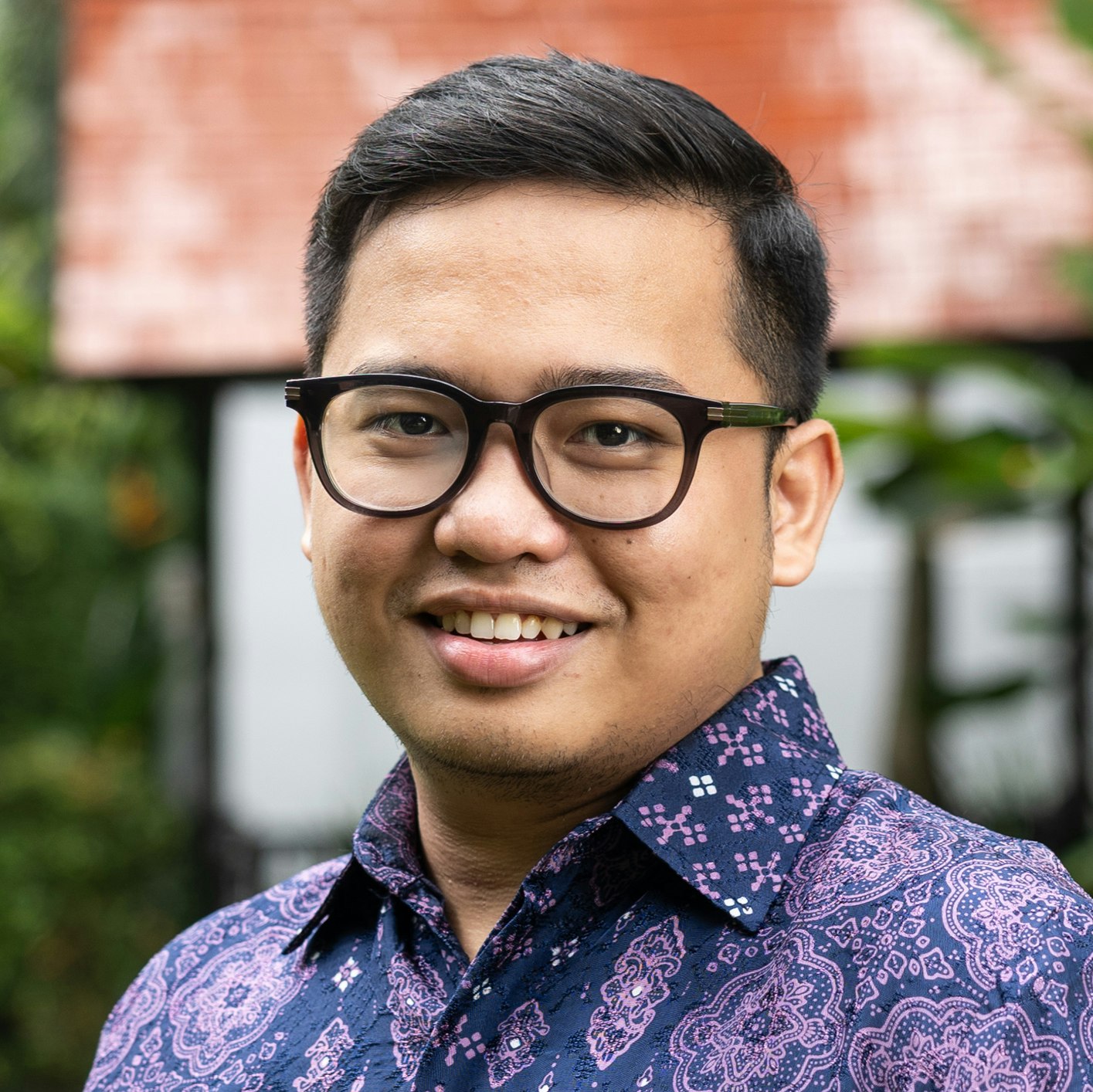 Jakarta 2025Moses Parlindungan Ompusunggu, an ethnographer and filmmaker, will look at the complex relationship between alternative journalists in Indonesia and the marginalized communities they cover.
Jakarta 2025Moses Parlindungan Ompusunggu, an ethnographer and filmmaker, will look at the complex relationship between alternative journalists in Indonesia and the marginalized communities they cover. -
Ossama Halal
 Beirut 2025Ossama Halal, theater director, playwright, and author, will create a play enlisting minor Shakespearean characters to explore power relations between elites and the subaltern and how those at the margins sometimes combine victim and oppressor roles.
Beirut 2025Ossama Halal, theater director, playwright, and author, will create a play enlisting minor Shakespearean characters to explore power relations between elites and the subaltern and how those at the margins sometimes combine victim and oppressor roles. -
Sa’eed Husaini
 Lagos 2025Sa’eed Husaini, a political scientist, will compare right-wing social movements in Nigeria and the U.S. Midwest, focusing on the effect of local political participation on national politics.
Lagos 2025Sa’eed Husaini, a political scientist, will compare right-wing social movements in Nigeria and the U.S. Midwest, focusing on the effect of local political participation on national politics. -
Tomás Pérez Vizzón
 Buenos Aires 2025Tomás Pérez Vizzón, an investigative reporter and podcaster, will delve into the seamy world of digital finance to understand the motives and political allegiances of young and predominantly male Argentines who dream of “making it alone.”
Buenos Aires 2025Tomás Pérez Vizzón, an investigative reporter and podcaster, will delve into the seamy world of digital finance to understand the motives and political allegiances of young and predominantly male Argentines who dream of “making it alone.” -
Tosin Oshinowo
 Lagos 2025Tosin Oshinowo, architect, designer, and curator, will use Lagos to explore how Indigenous markets function as self-organizing systems in African urbanism, offering sustainable alternatives to urban development amid climate change and inequality.
Lagos 2025Tosin Oshinowo, architect, designer, and curator, will use Lagos to explore how Indigenous markets function as self-organizing systems in African urbanism, offering sustainable alternatives to urban development amid climate change and inequality. -
Uthpala Wijesuriya
 Colombo 2025Uthpala Wijesuriya, a law student, will look at the multi-ethnic, multicultural history of Sri Lanka through close examination of five sacred sites, all of which have been the focus of nationalist narratives and ambitions.
Colombo 2025Uthpala Wijesuriya, a law student, will look at the multi-ethnic, multicultural history of Sri Lanka through close examination of five sacred sites, all of which have been the focus of nationalist narratives and ambitions. -
Victor Ehikhamenor
 Lagos 2025Victor Ehikhamenor, artist, photographer, and writer, will explore the aesthetics of Edo State, Nigeria’s commemorative sites, unveiling the significance of traditional inscriptions and the link between culture and nature in African Indigenous systems.
Lagos 2025Victor Ehikhamenor, artist, photographer, and writer, will explore the aesthetics of Edo State, Nigeria’s commemorative sites, unveiling the significance of traditional inscriptions and the link between culture and nature in African Indigenous systems. -
Yudhanjaya Wijeratne
 Colombo 2025Yudhanjaya Wijeratne, an author, data-scientist, and “general tinkerer,” will write a novel cataloging Colombo's seven dystopian cities, drawing on socio-political realities to highlight the city's singularity and absurdity.
Colombo 2025Yudhanjaya Wijeratne, an author, data-scientist, and “general tinkerer,” will write a novel cataloging Colombo's seven dystopian cities, drawing on socio-political realities to highlight the city's singularity and absurdity.
-
Adriana Paz Ramirez
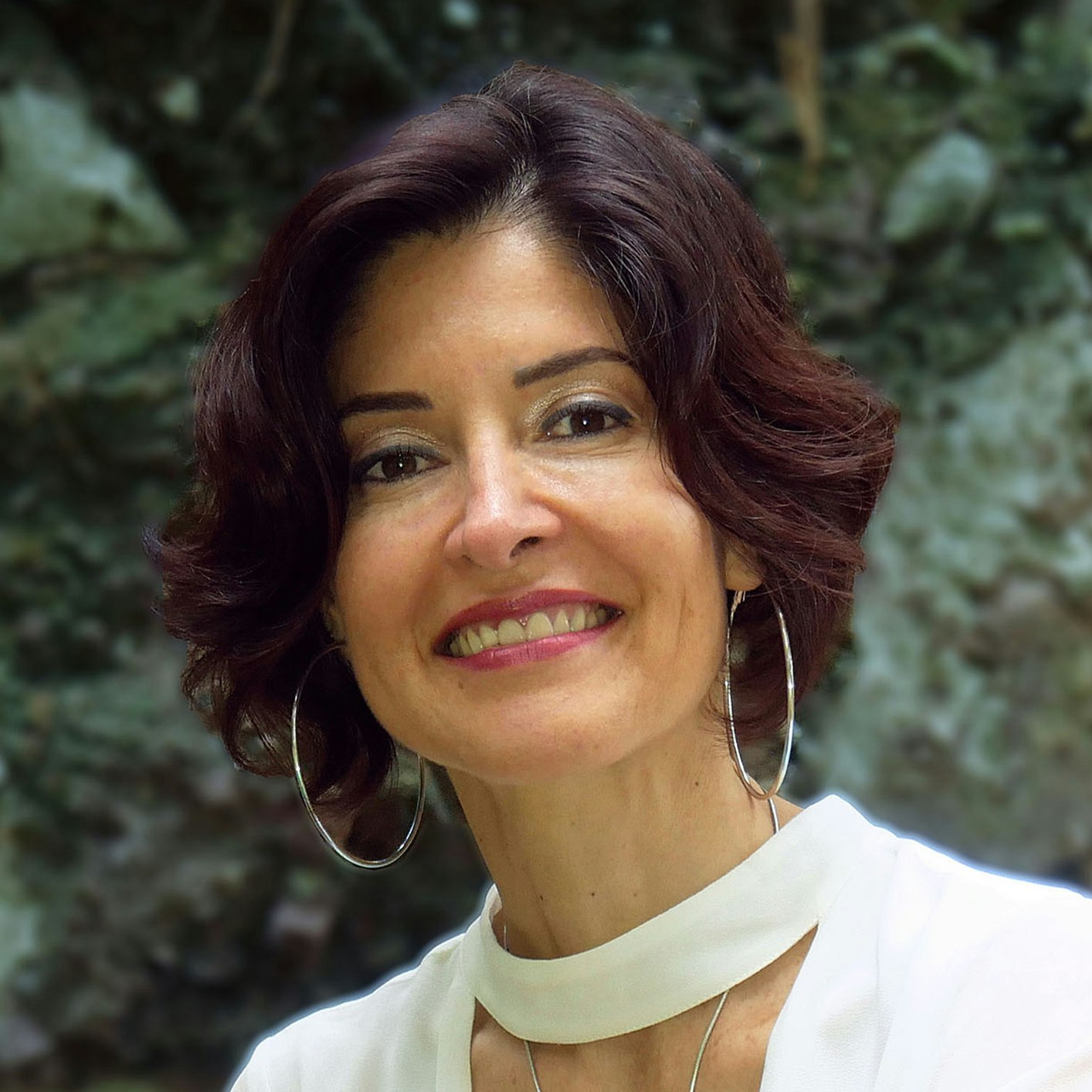 2021Adriana Paz Ramirez, a labor rights organizer and popular educator, will research policy victories won by domestic workers in Latin America to understand how grassroots action can compel employers and states to obey the law.
2021Adriana Paz Ramirez, a labor rights organizer and popular educator, will research policy victories won by domestic workers in Latin America to understand how grassroots action can compel employers and states to obey the law. -
Boaventura Monjane
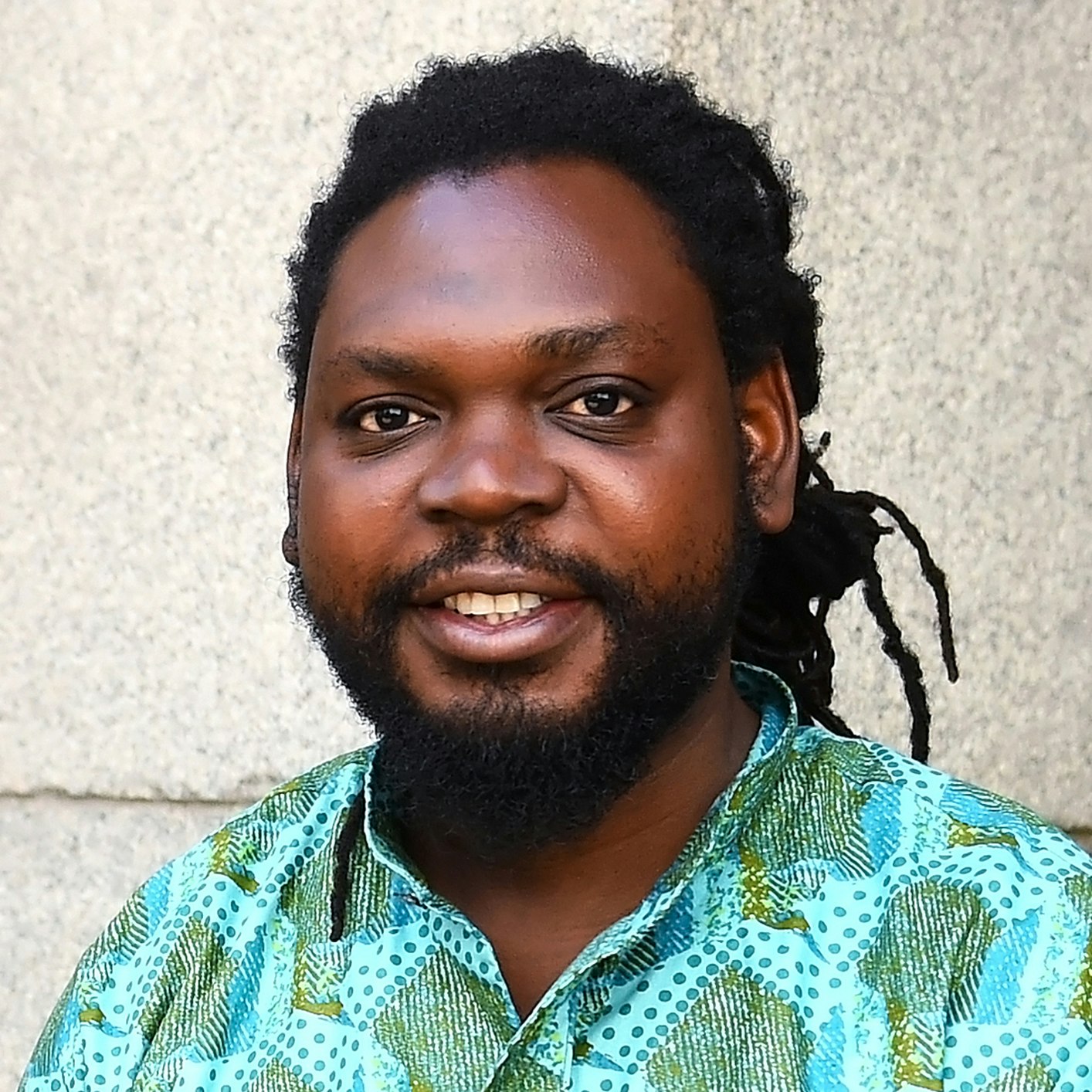 2021Boaventura Monjane, a journalist and scholar-activist, will research growing poverty, inequality, and the rollback of civil and political rights in Mozambique at a time when new development pathways are urgently needed.
2021Boaventura Monjane, a journalist and scholar-activist, will research growing poverty, inequality, and the rollback of civil and political rights in Mozambique at a time when new development pathways are urgently needed. -
Nizar Hassan
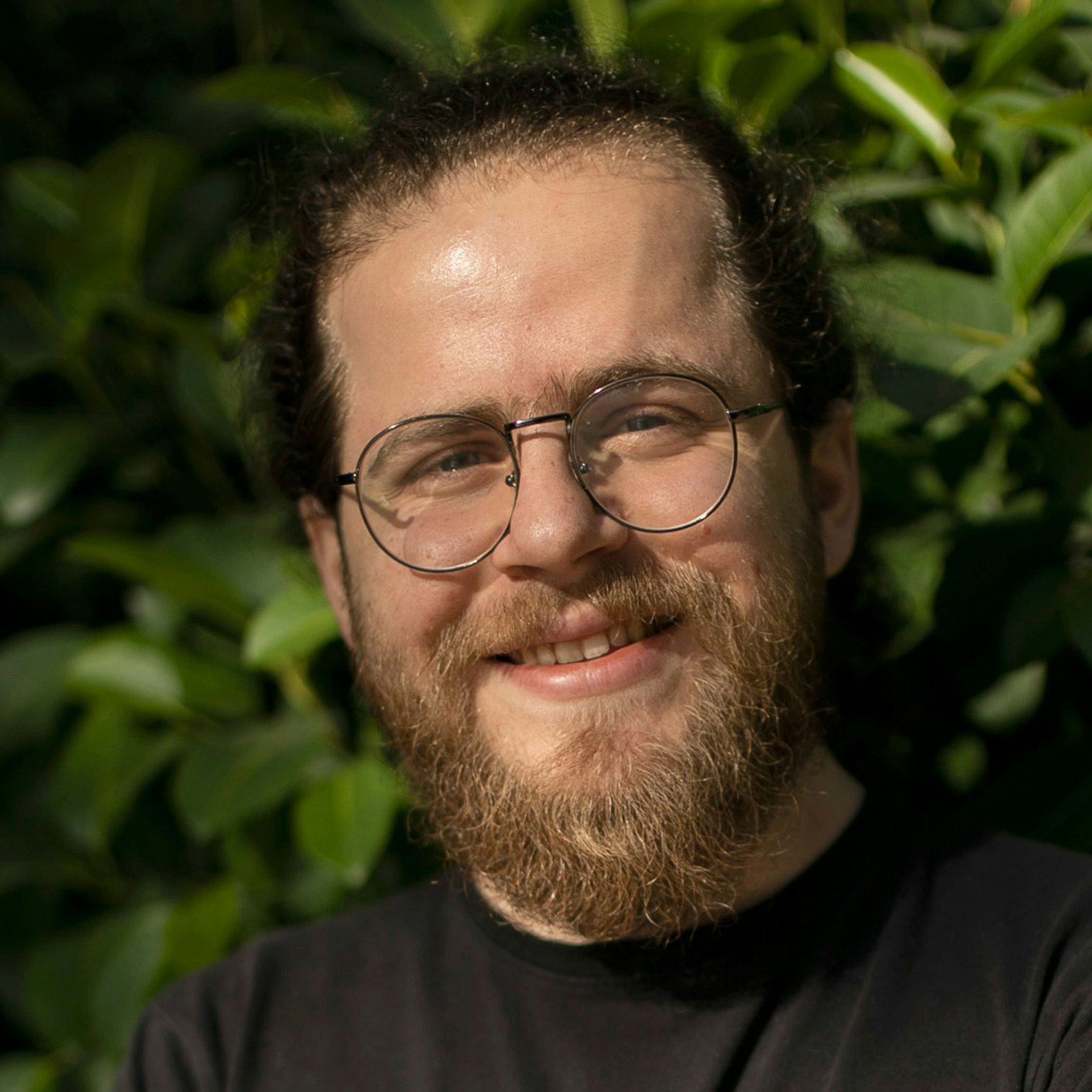 2021Nizar Hassan, an organizer, producer, and political commentator, will create an online video platform for informative and accessible Arabic-language content that examines links between (in)equality, justice, and democracy.
2021Nizar Hassan, an organizer, producer, and political commentator, will create an online video platform for informative and accessible Arabic-language content that examines links between (in)equality, justice, and democracy. -
Ruth Castel-Branco
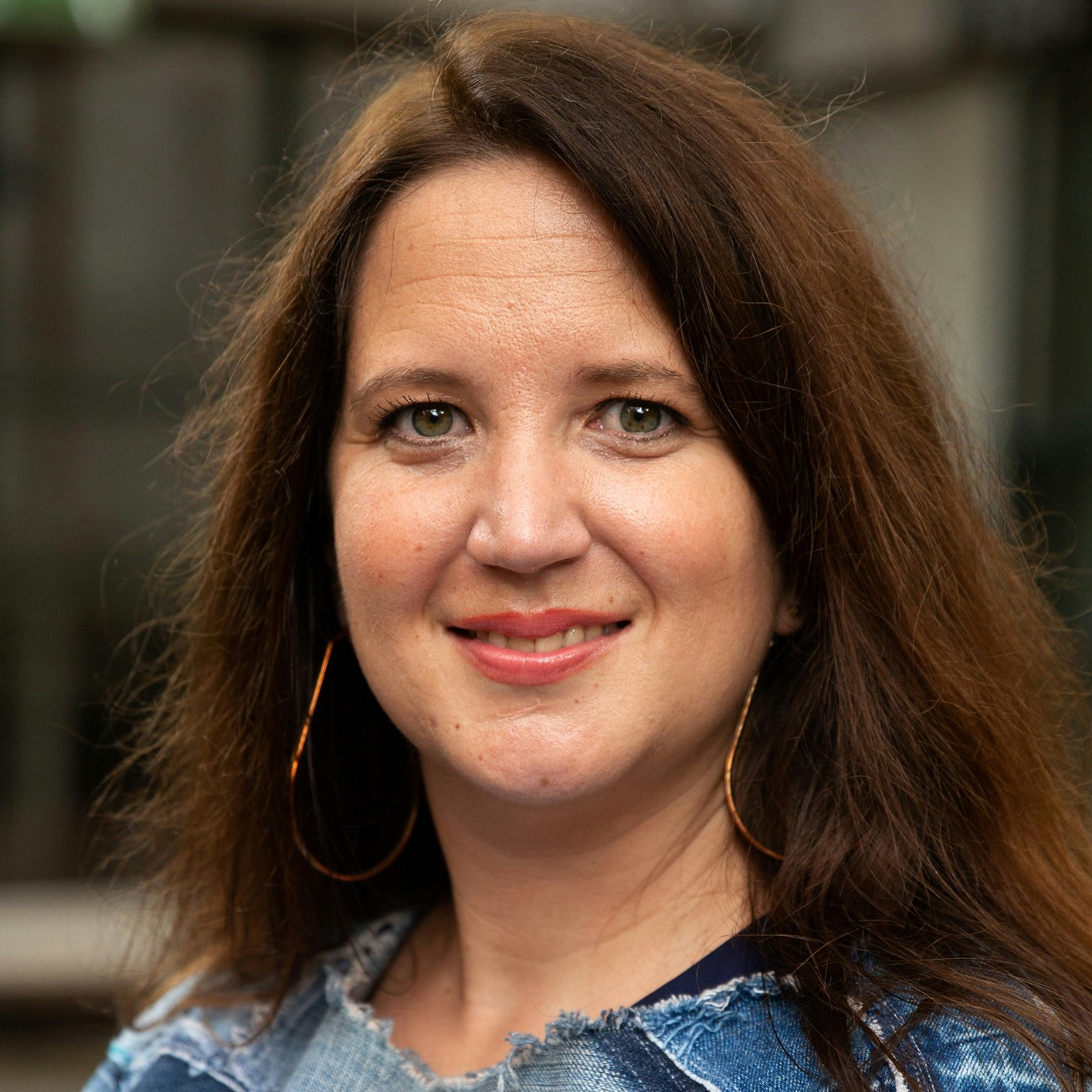 2021Ruth Castel-Branco will explore the relationship between land, labor, and social welfare in Mozambique. She hopes to contribute to and popularize debates on the political possibilities and limitations of post-work utopias.
2021Ruth Castel-Branco will explore the relationship between land, labor, and social welfare in Mozambique. She hopes to contribute to and popularize debates on the political possibilities and limitations of post-work utopias. -
Sara Abbas
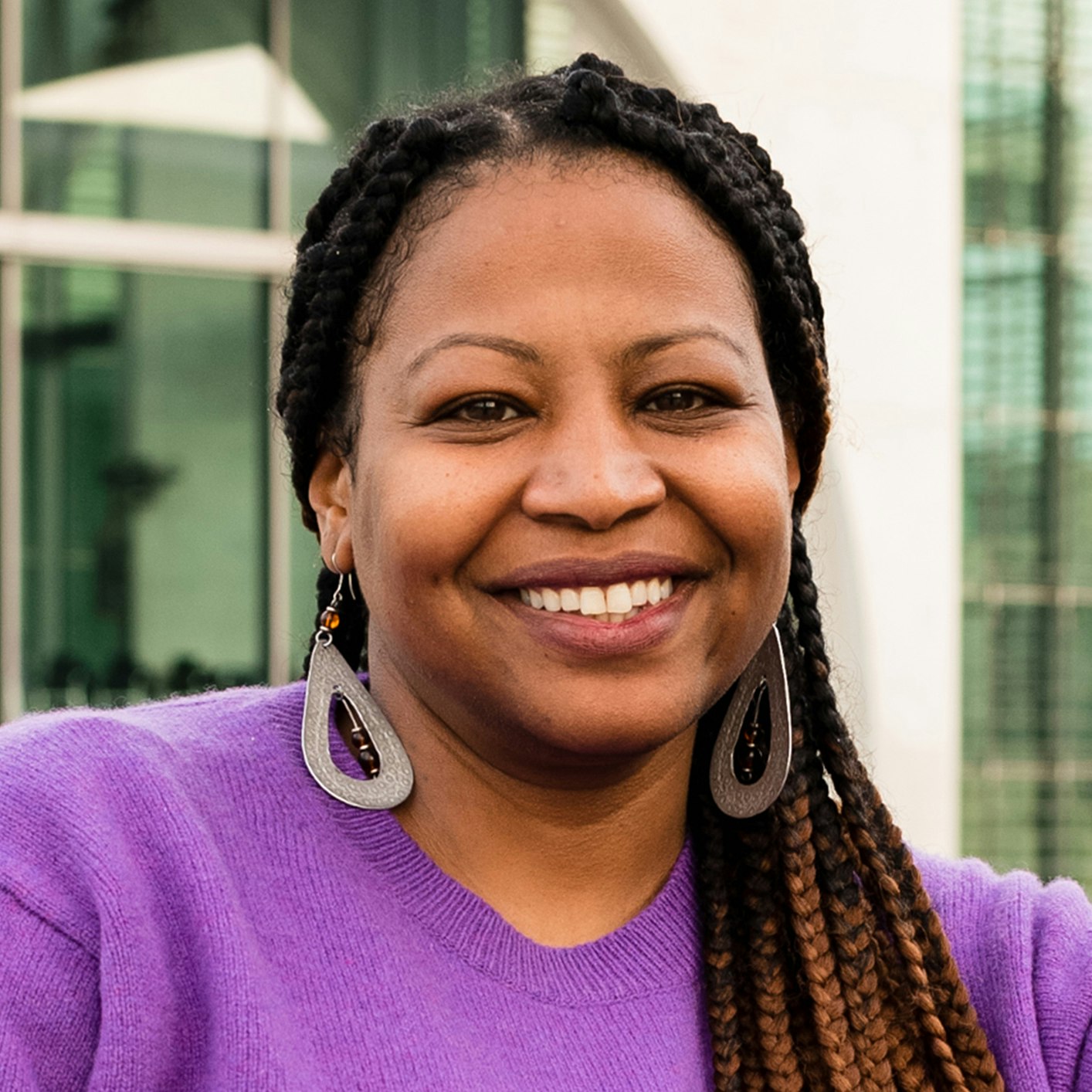 2021Sara Abbas will write a book about how communities formed collaborative groupings during the revolution in Sudan to achieve long-term, socioeconomic change.
2021Sara Abbas will write a book about how communities formed collaborative groupings during the revolution in Sudan to achieve long-term, socioeconomic change. -
Camilla Toulmin
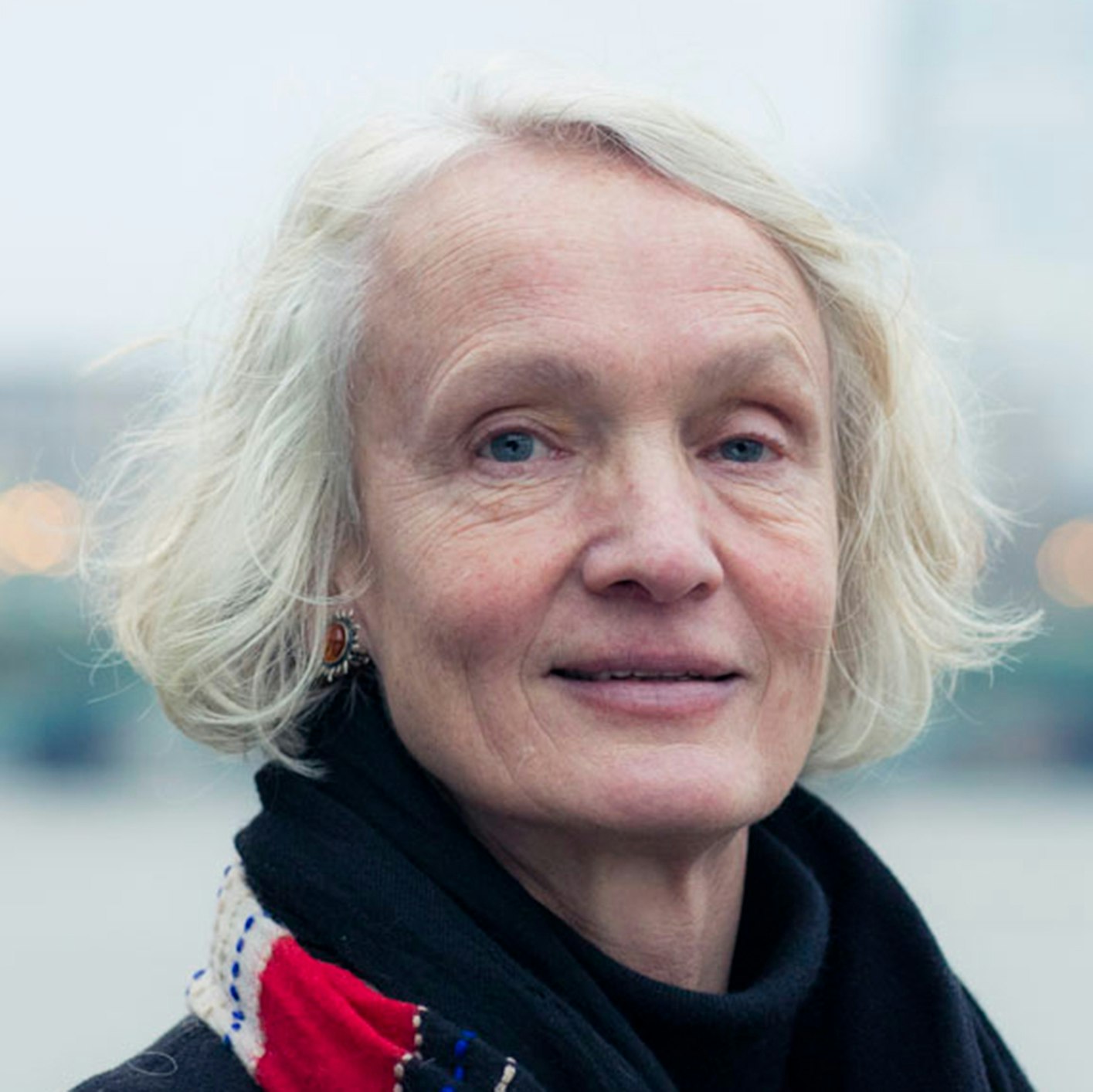 2016Camilla Toulmin’s project documented shifting claims to land and natural resources in the Ségou region of central Mali over the last 35 years.
2016Camilla Toulmin’s project documented shifting claims to land and natural resources in the Ségou region of central Mali over the last 35 years. -
Elisabeth Caesens
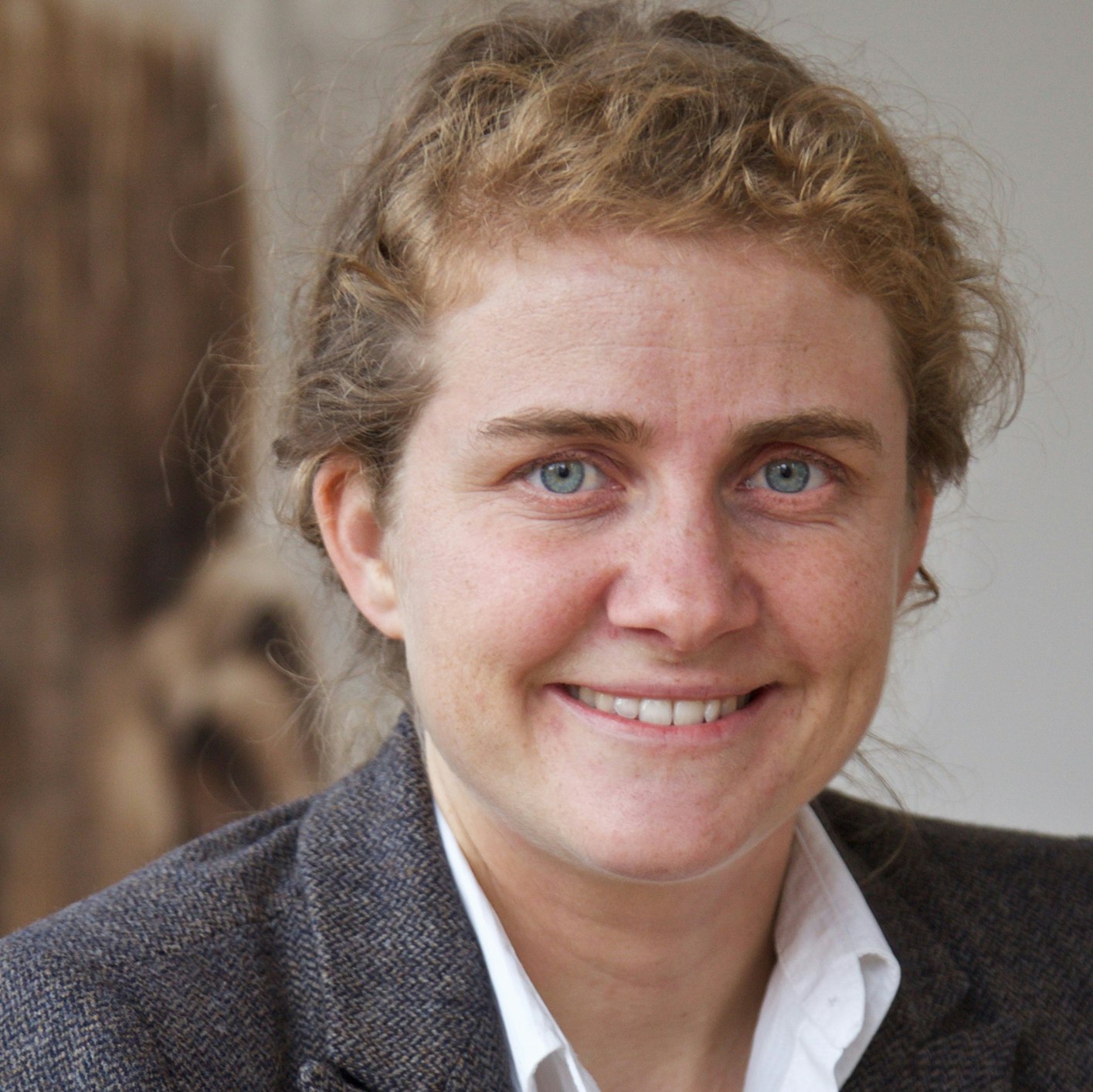 2016Elisabeth Caesens was examining hydroelectricity deals and revenue flows in the Democratic Republic of Congo to bring greater transparency and accountability to the country’s mining industry.
2016Elisabeth Caesens was examining hydroelectricity deals and revenue flows in the Democratic Republic of Congo to bring greater transparency and accountability to the country’s mining industry. -
Jennifer Daskal
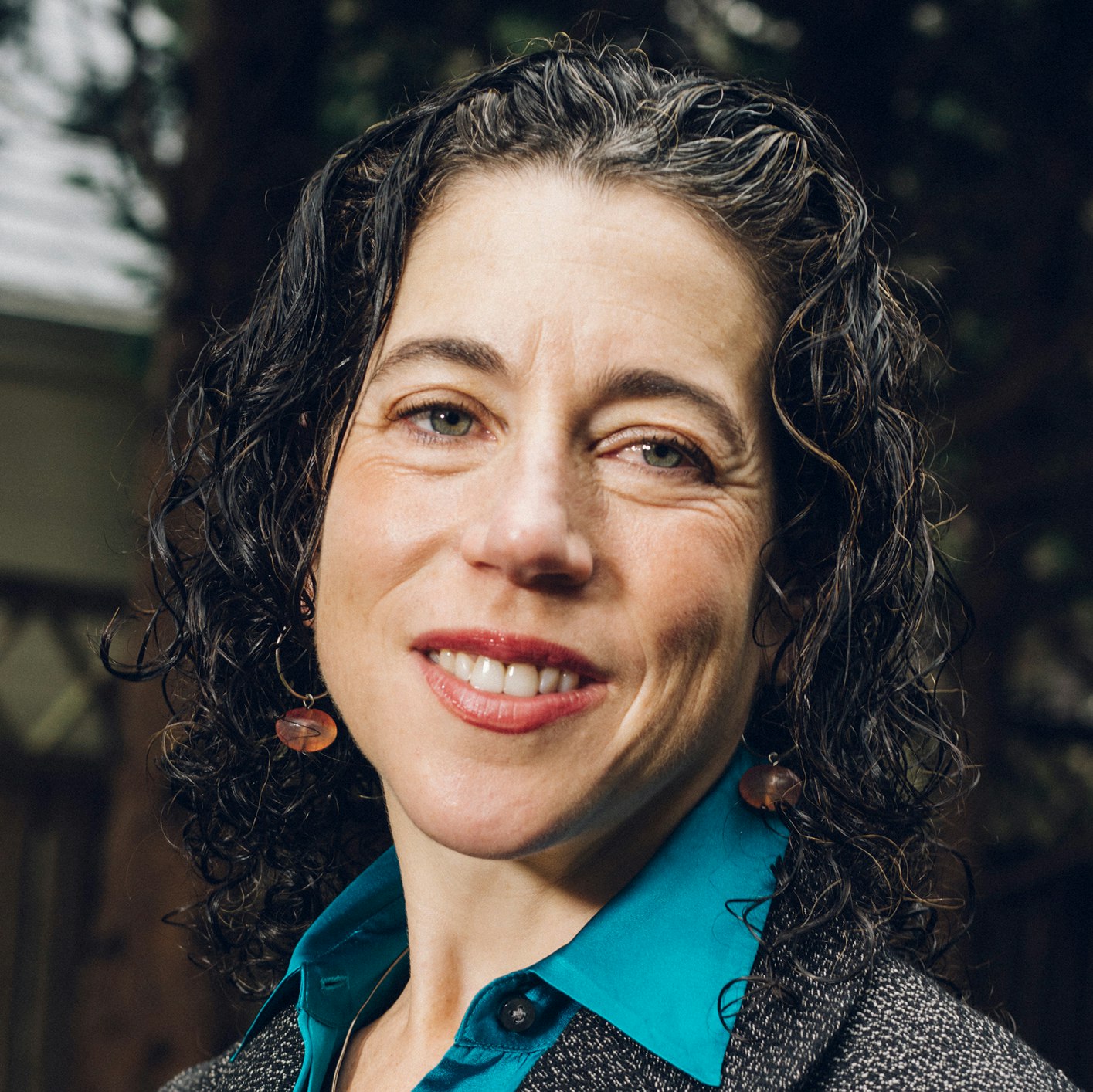 2016Jennifer Daskal was investigating efforts by several nations—including the United States, the UK, and Brazil—to gain access to data stored outside their borders for use in criminal investigations.
2016Jennifer Daskal was investigating efforts by several nations—including the United States, the UK, and Brazil—to gain access to data stored outside their borders for use in criminal investigations. -
JingJing Zhang
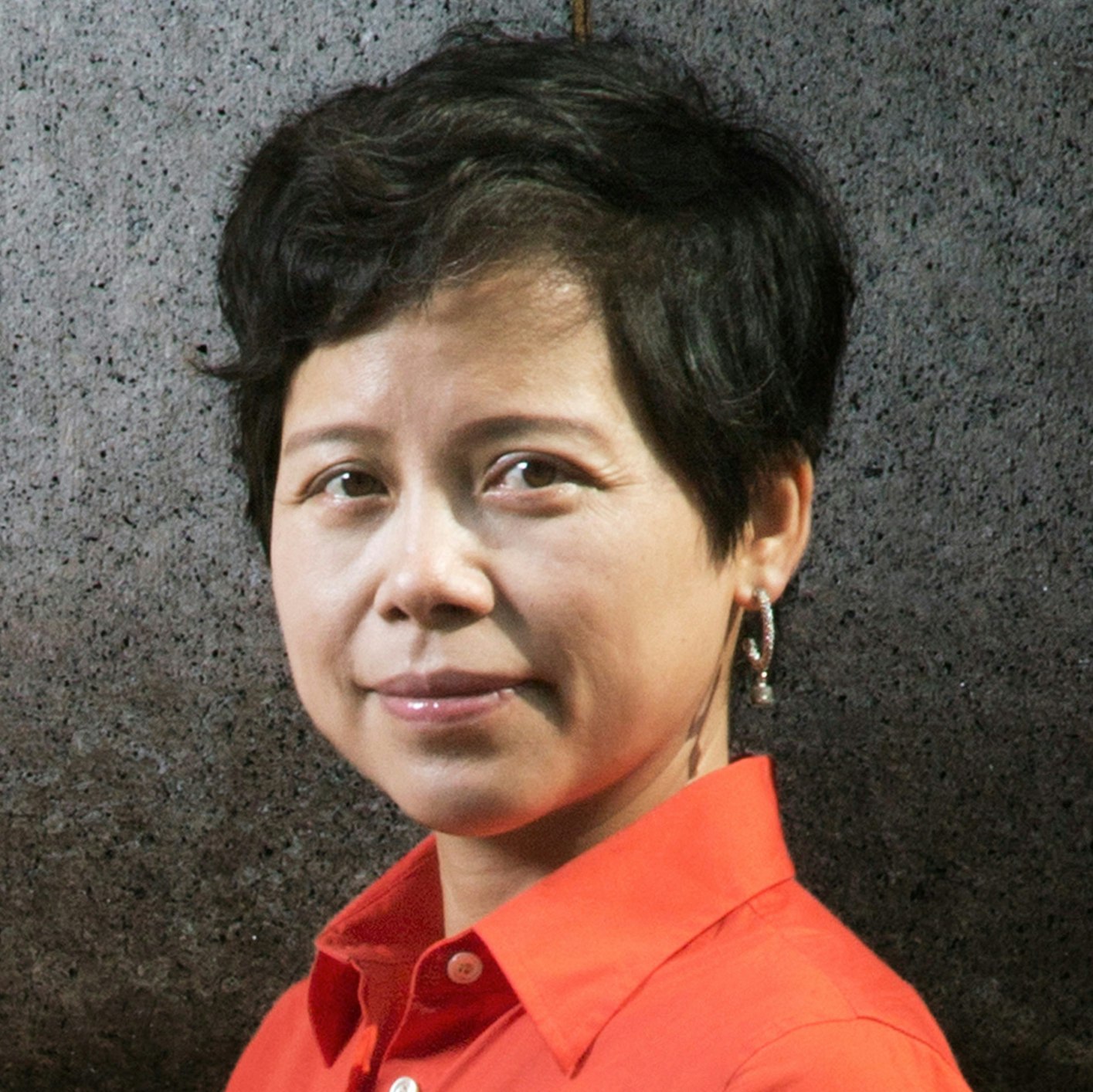 2016JingJing Zhang used legal test cases to strengthen civil society’s ability to ensure Chinese overseas companies’ compliance with environmental laws and international human rights treaties.
2016JingJing Zhang used legal test cases to strengthen civil society’s ability to ensure Chinese overseas companies’ compliance with environmental laws and international human rights treaties. -
Katja Heinemann
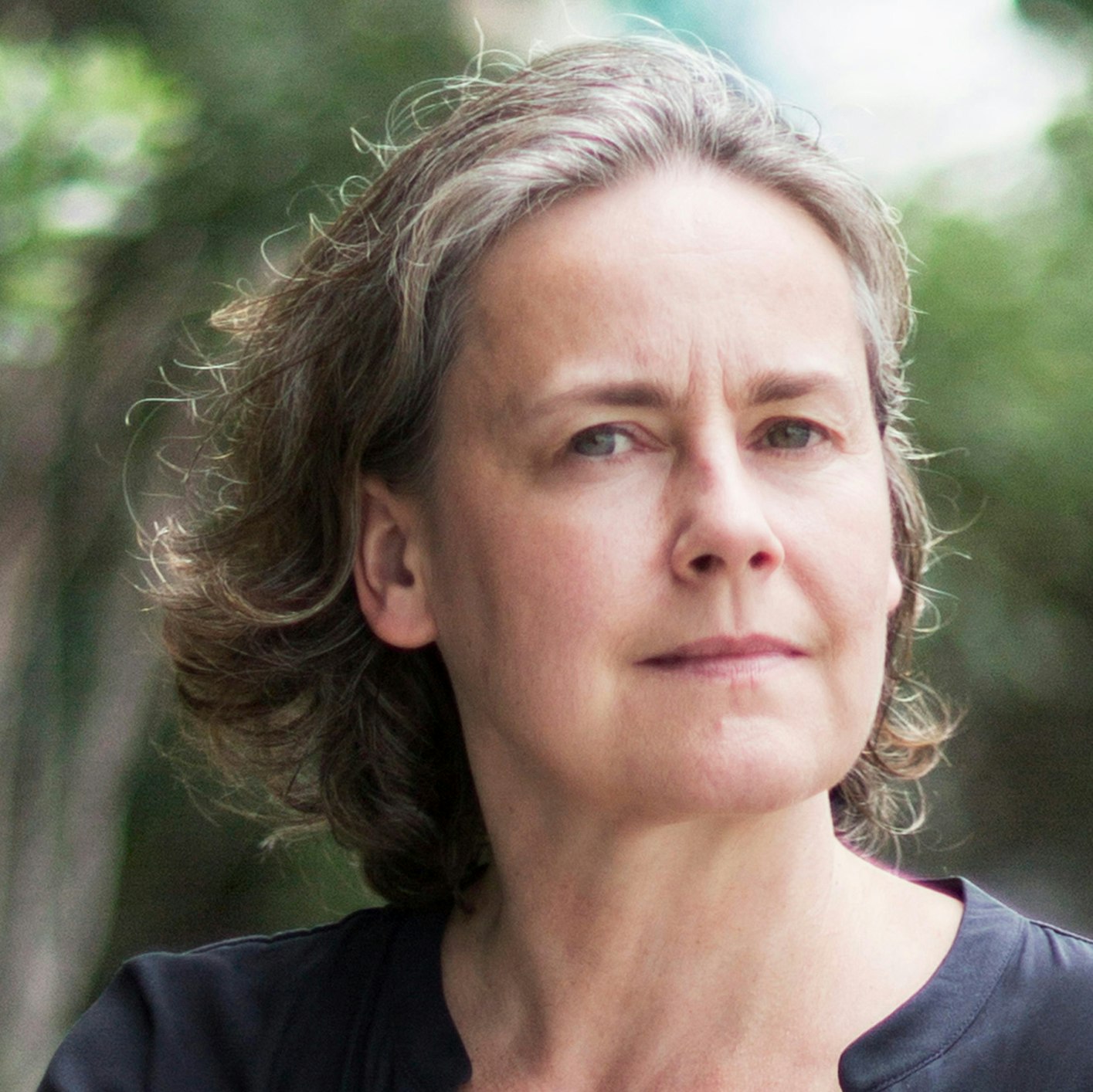 2016Katja Heinemann, a photographer and longform journalist, was producing a multimedia documentary that investigates the interconnection of migration and social media use among young Afghan refugees in Berlin.
2016Katja Heinemann, a photographer and longform journalist, was producing a multimedia documentary that investigates the interconnection of migration and social media use among young Afghan refugees in Berlin. -
Lican Liu
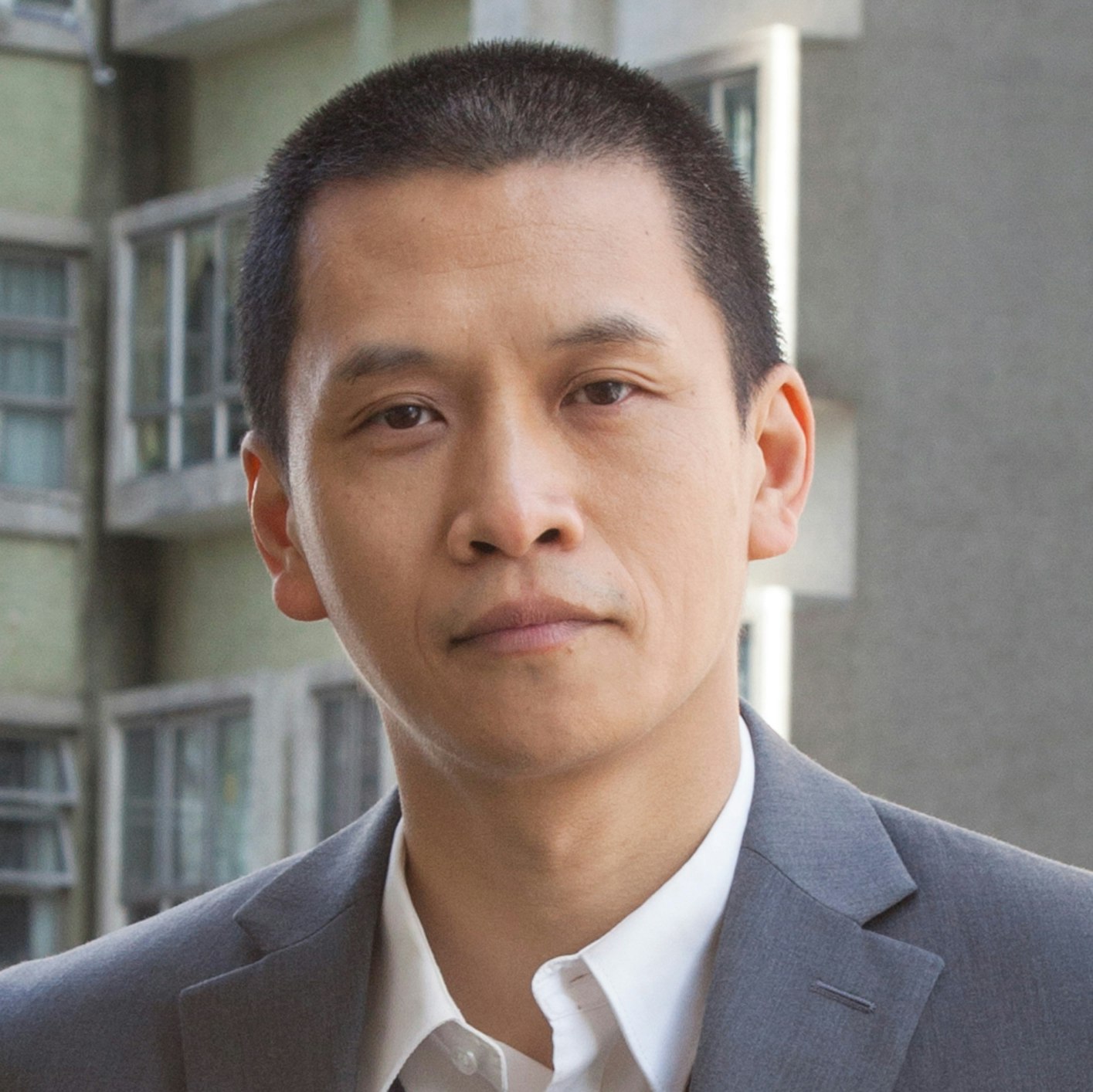 2016Lican Liu was writing a book that will apply an environmental justice approach to the pursuit of environmental protection in China.
2016Lican Liu was writing a book that will apply an environmental justice approach to the pursuit of environmental protection in China. -
McKenzie Funk
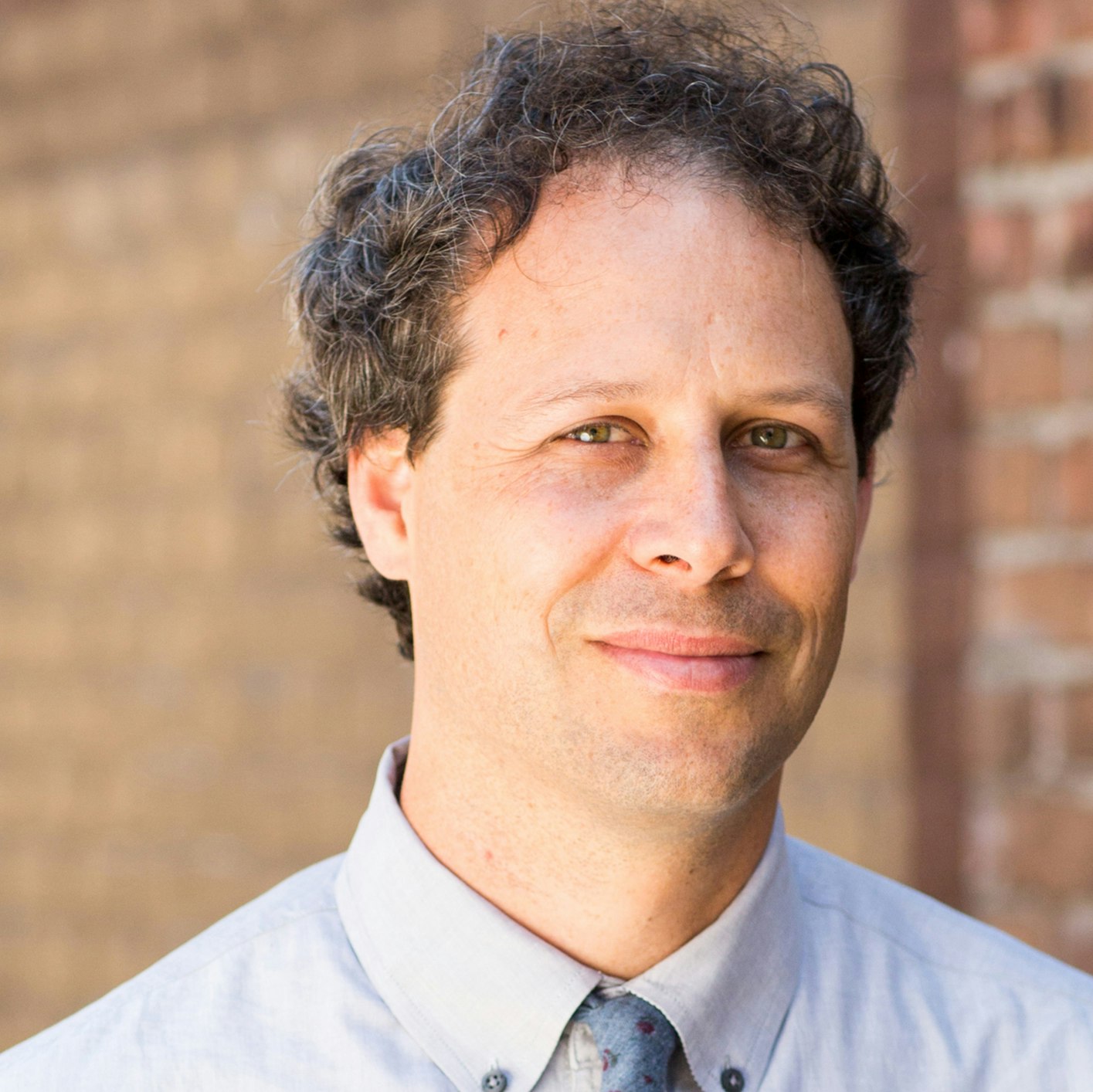 2016McKenzie Funk, a journalist, wrote a book on how the push for open government in the United States has subjected ordinary citizens to undue scrutiny by federal agencies and private firms.
2016McKenzie Funk, a journalist, wrote a book on how the push for open government in the United States has subjected ordinary citizens to undue scrutiny by federal agencies and private firms. -
Bálint Magyar
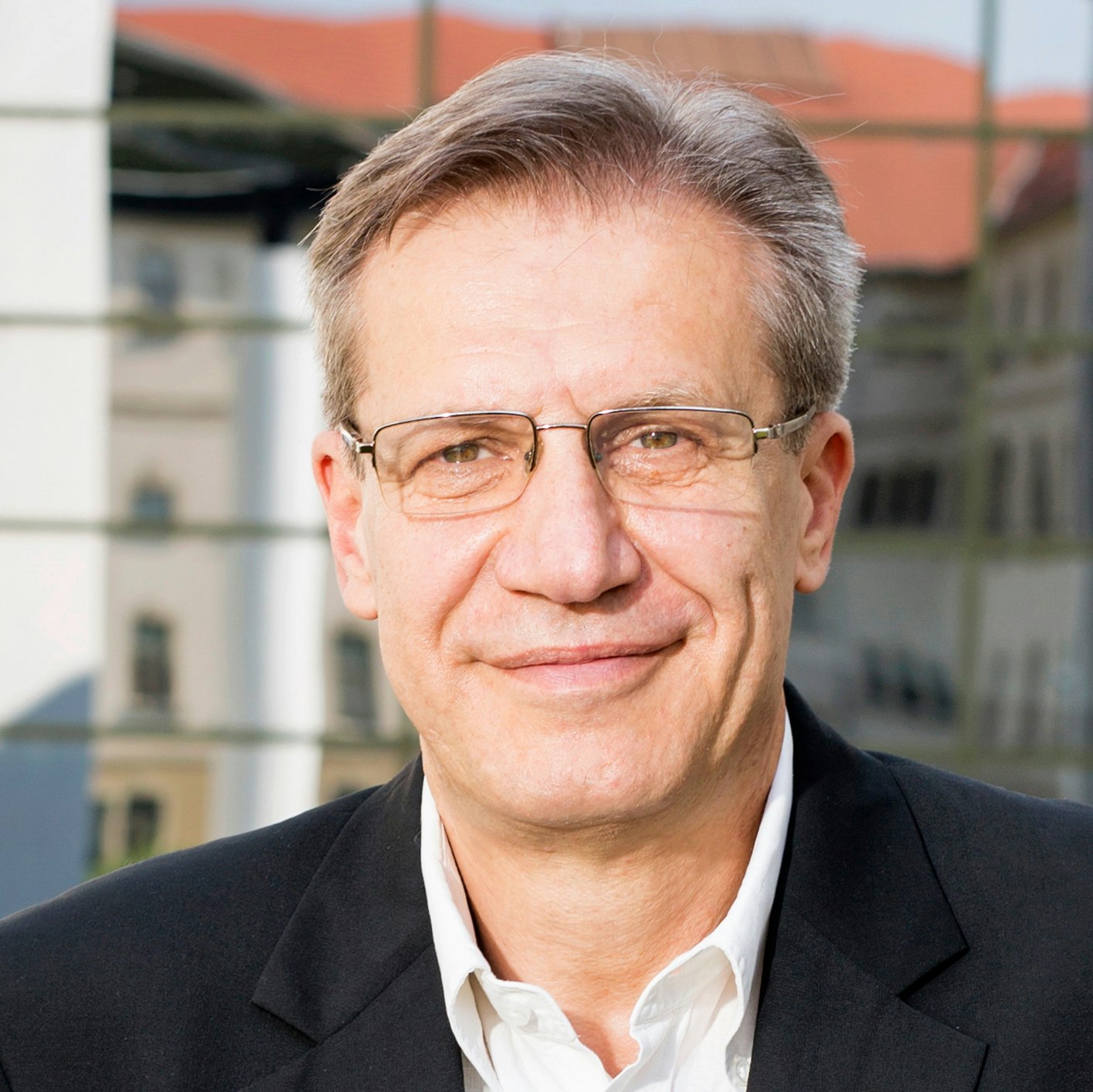 2015Bálint Magyar, a former Minister of Education for Hungary, was looking at several post-communist states, whose actions are warped by the concentration of power and wealth in the hands of corrupt political “families.”
2015Bálint Magyar, a former Minister of Education for Hungary, was looking at several post-communist states, whose actions are warped by the concentration of power and wealth in the hands of corrupt political “families.” -
Euclides Gonçalves
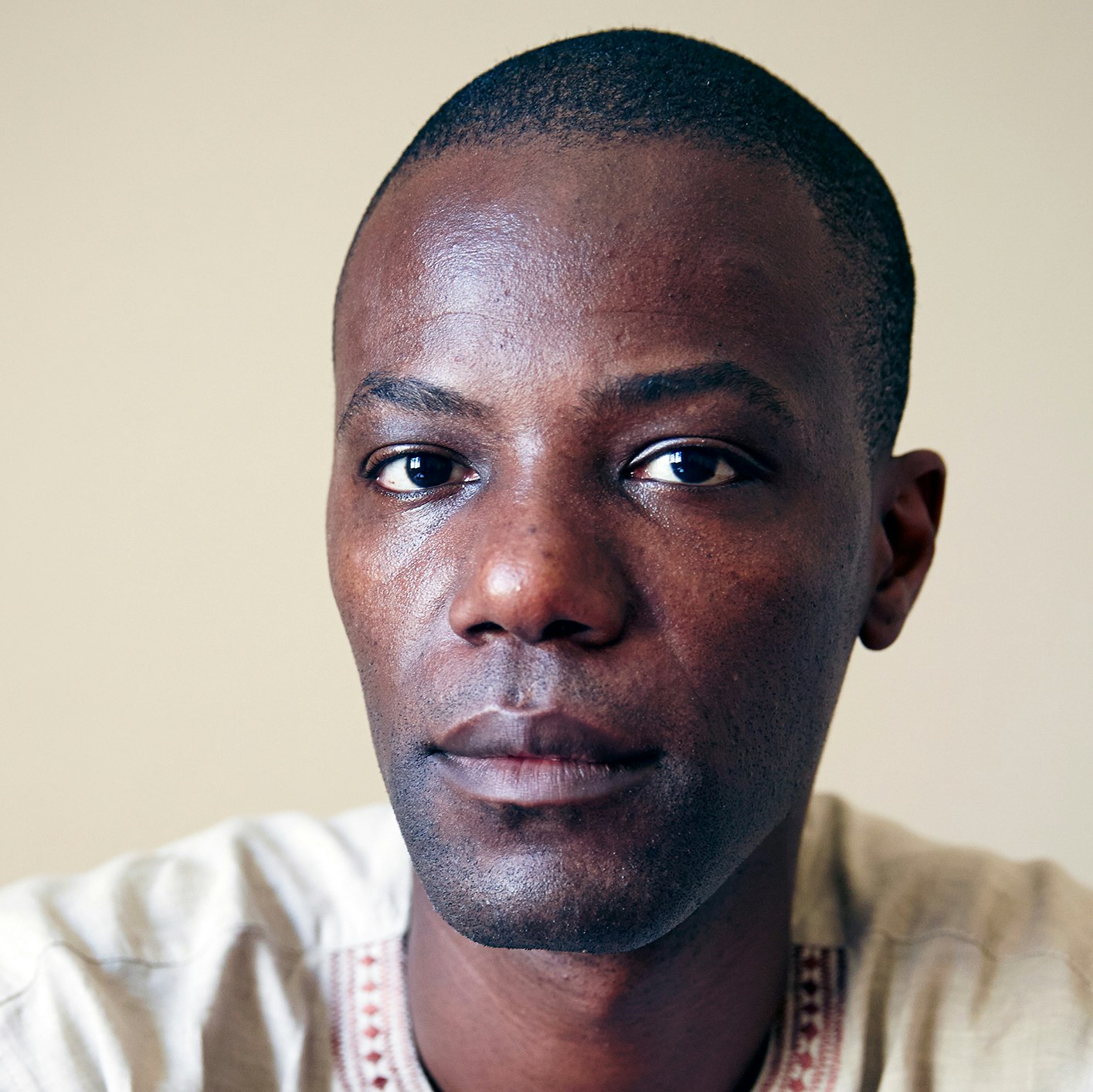 2015Euclides Gonsalves looked at the creative ways citizens and government officials in Mozambique put bureaucratic documents to work to advance their own interests.
2015Euclides Gonsalves looked at the creative ways citizens and government officials in Mozambique put bureaucratic documents to work to advance their own interests. -
James Murombedzi
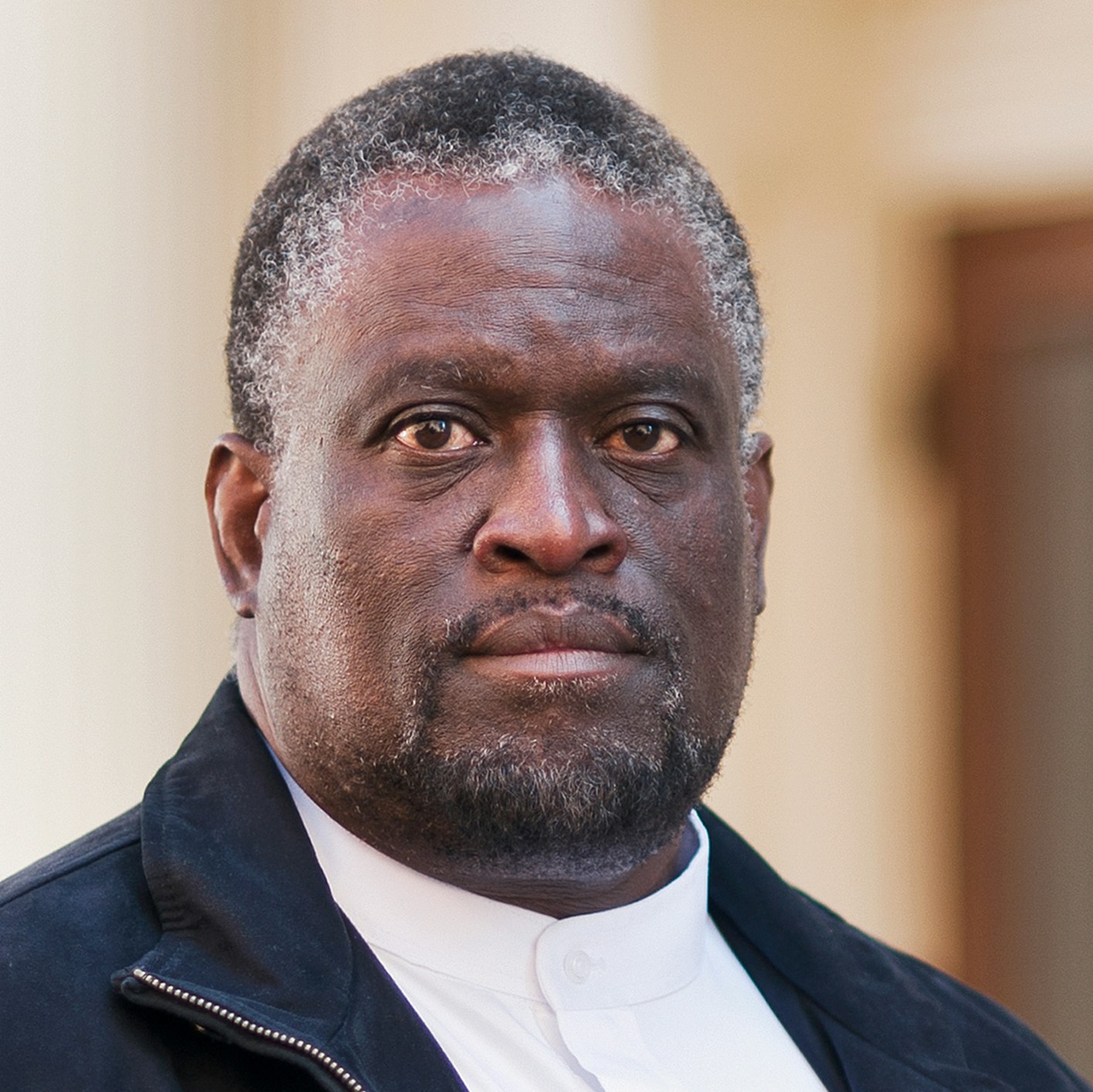 2015James Murombedzi was looking at how land expropriations affect rural farmers and local governance in Africa.
2015James Murombedzi was looking at how land expropriations affect rural farmers and local governance in Africa. -
Liz Evans
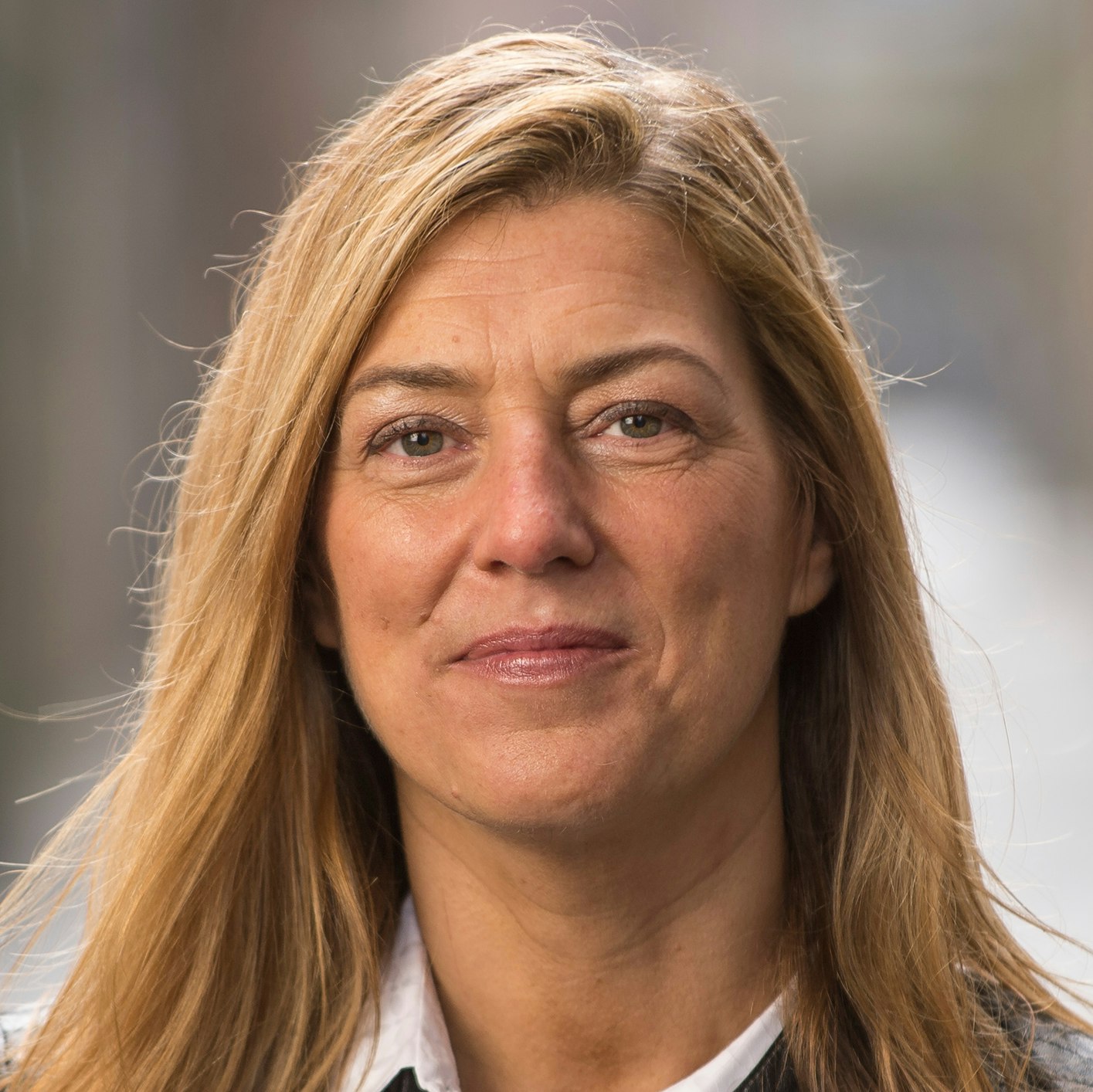 2015Liz Evans was producing a guide to help urban communities change how addicts are seen and to improve methods of treatment.
2015Liz Evans was producing a guide to help urban communities change how addicts are seen and to improve methods of treatment. -
Lucia Nader
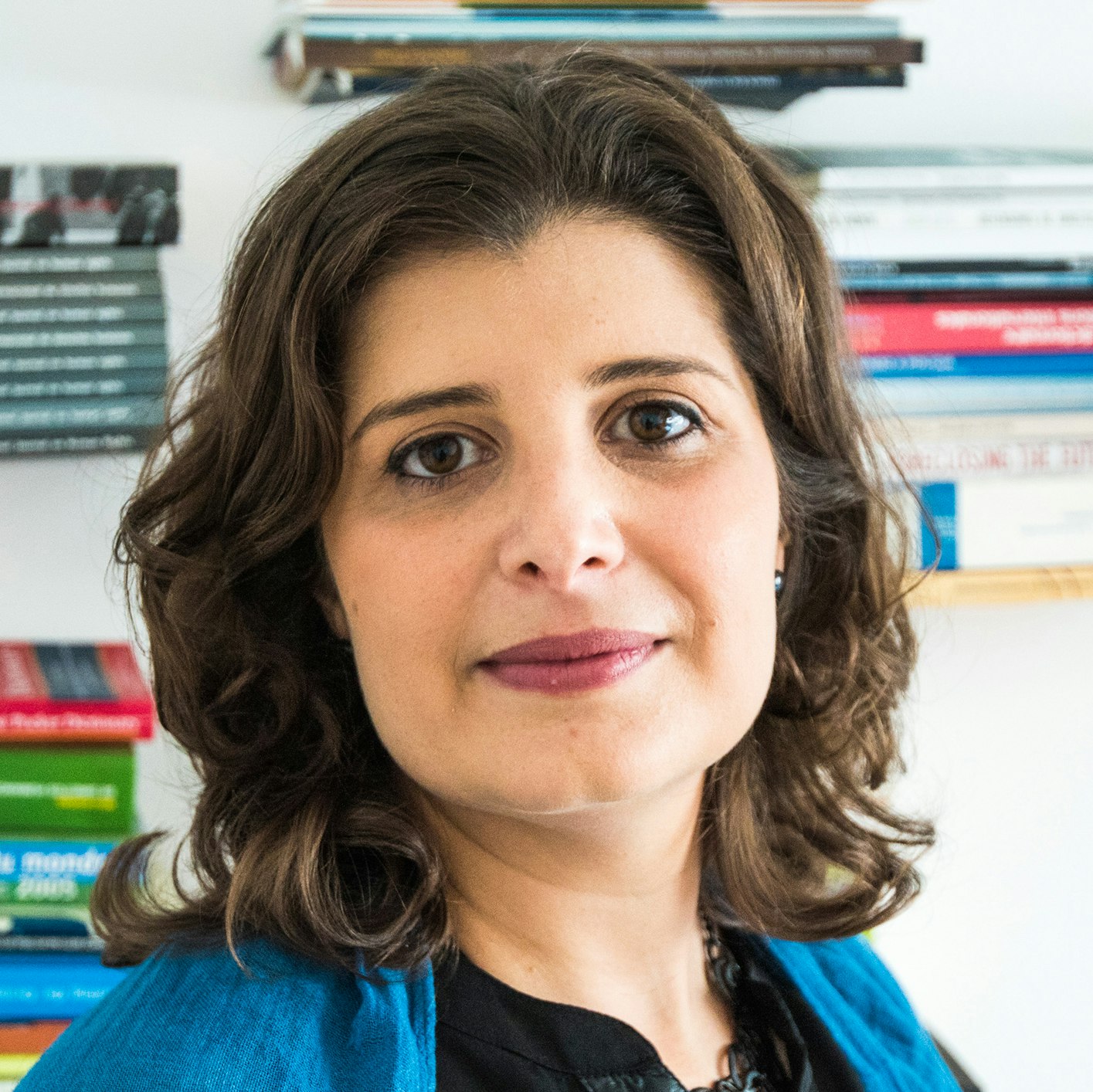 2015Lucia Nader was looking at how rights-based groups in Brazil, the United States, and Europe have responded to the demands of mass protest movements.
2015Lucia Nader was looking at how rights-based groups in Brazil, the United States, and Europe have responded to the demands of mass protest movements. -
Pablo Ortellado
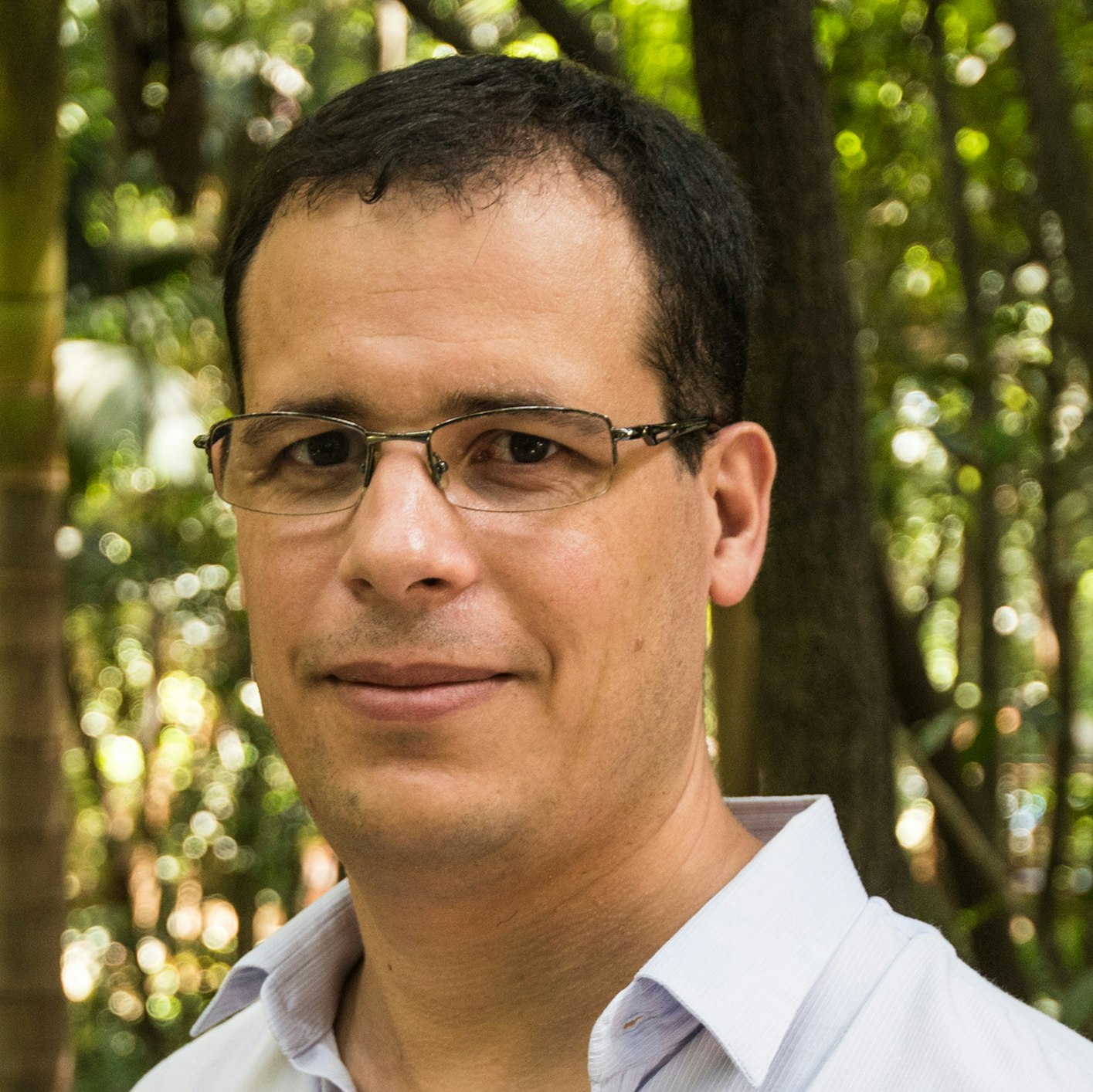 2015Pablo Ortellado’s project was looking at why international protest movements often reject representative government while simultaneously demanding better public services from the state—and what can be done about it.
2015Pablo Ortellado’s project was looking at why international protest movements often reject representative government while simultaneously demanding better public services from the state—and what can be done about it. -
Sasha Polakow-Suransky
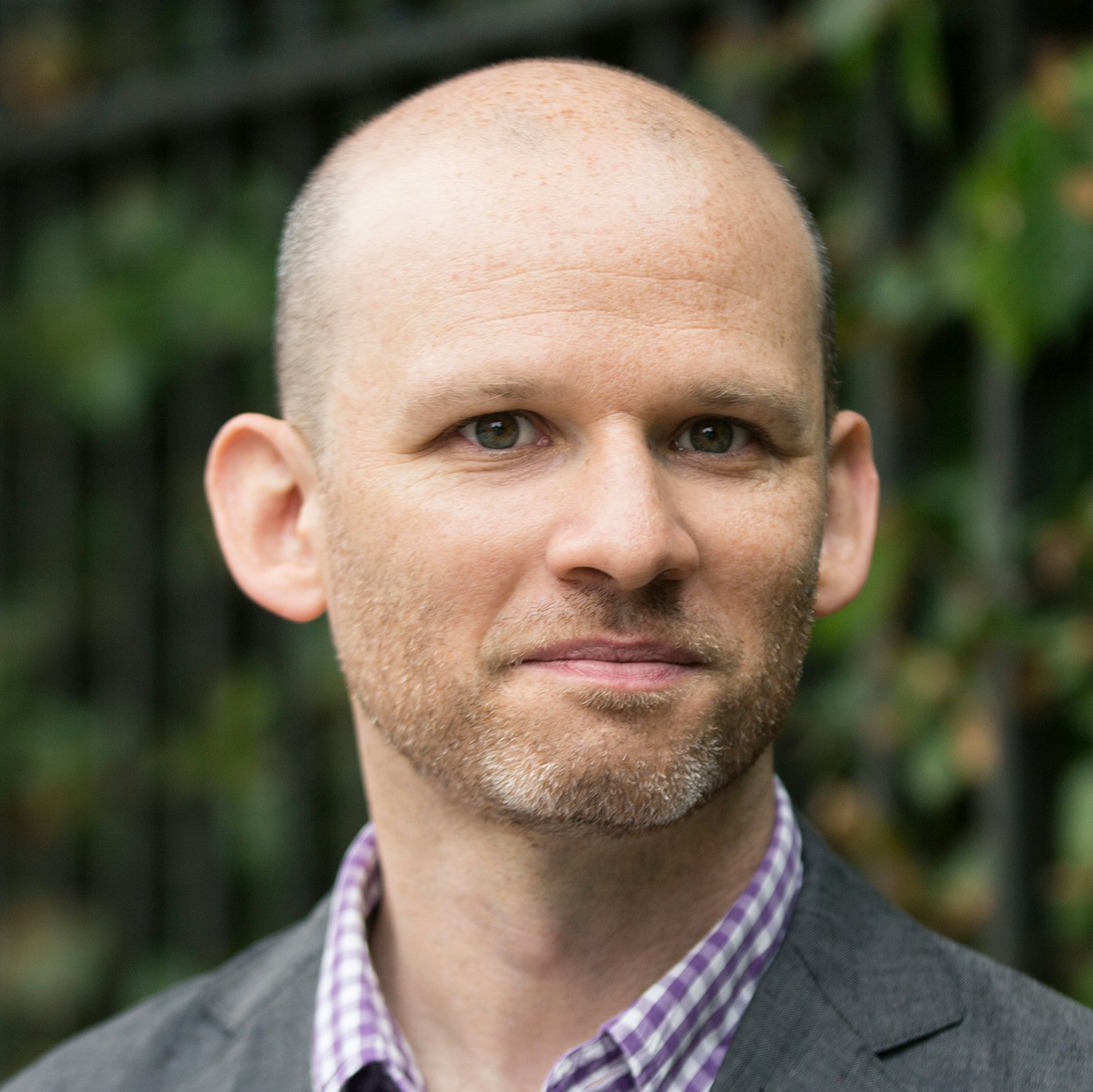 2015Sasha Polakow-Suransky was writing a book on the long-term consequences of immigration—and the political backlash against it—in France, Denmark, Holland, South Africa, and Australia.
2015Sasha Polakow-Suransky was writing a book on the long-term consequences of immigration—and the political backlash against it—in France, Denmark, Holland, South Africa, and Australia. -
Shekhar Singh
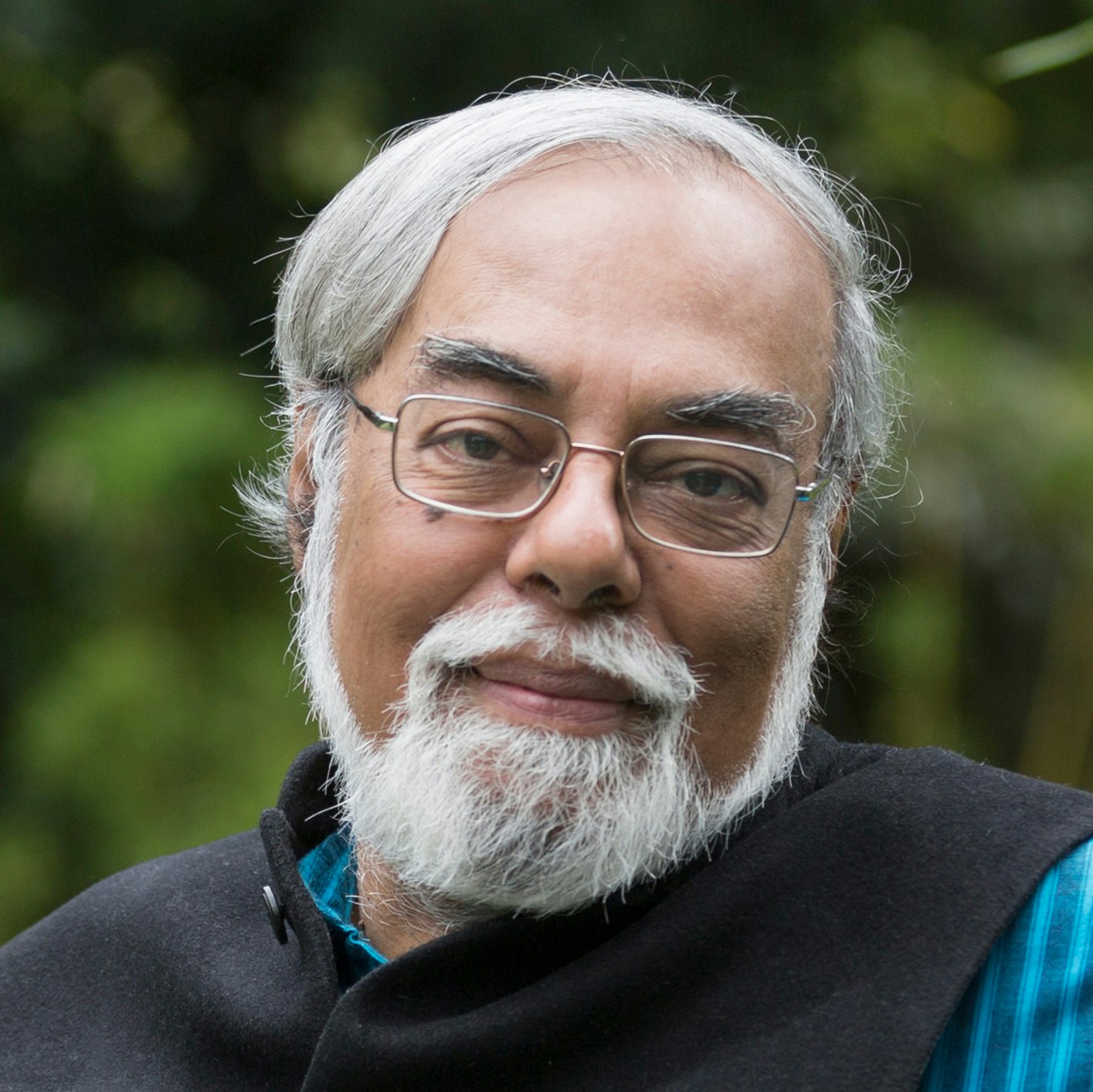 2015Shekhar Singh, an activist and academic, was exploring the mixed success of Right to Information laws in India, Nepal, and Bangladesh in achieving accountability from governments and other actors.
2015Shekhar Singh, an activist and academic, was exploring the mixed success of Right to Information laws in India, Nepal, and Bangladesh in achieving accountability from governments and other actors.
Subscribe to updates about new grant opportunities
By entering your email address and clicking “Submit,” you agree to receive updates from the Open Society Foundations about our work. To learn more about how we use and protect your personal data, please view our privacy policy.